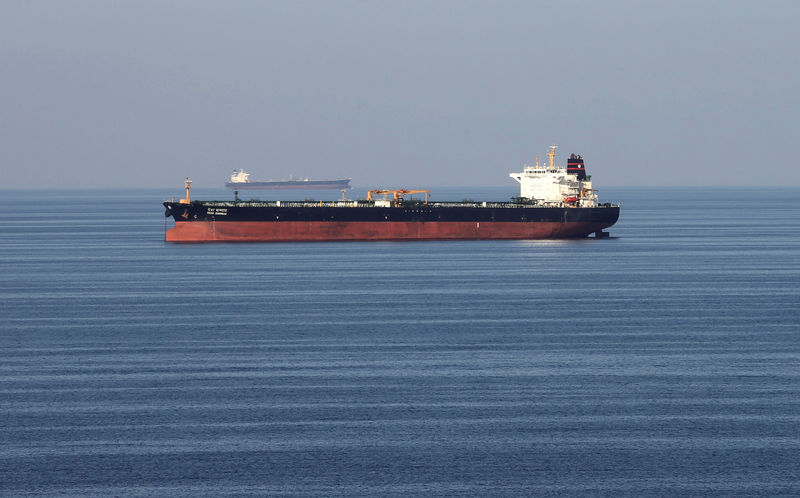LONDON (Reuters) - Iran's oil ministry said on Sunday that it had been receiving revenues from selling oil despite difficulties caused by U.S. sanctions, denying allegations made by former President Mahmoud Ahmadinejad over government mismanagement in the energy sector.
Ahmadinejad said in an interview with Shargh daily newspaper on Sunday that the government of President Hassan Rouhani had not received $30 billion of revenues from oil sold in the last five years.
The ministry responded in a statement published by news agency SHANA that the allegations were totally untrue.
"The revenues of oil sales are received on time, and have been transferred into the legal bank accounts of the country," the ministry's statement said.
Iran is facing new U.S. sanctions after the United States withdrew from an international nuclear deal, saying the accord was too generous and failed to rein in Iran's ballistic missile testing or curb the country's involvement in regional conflicts.
Iran faced similar sanctions for its nuclear activities when Ahmadinejad was in power (2005 to 2013), but the high price of oil - on average above $100 a barrel in the last years of his presidency - allowed his government to survive the economic turmoil.
The ministry's statement also said it had tried to prevent problems with oil revenues being stolen as happened when the earlier sanctions were in effect.
“Despite difficulties caused by the sanctions and economic war against Iran, the ministry of oil has used all means possible to prevent the repetition of sad experiences in the past when oil revenues were stolen,” the ministry said.
Under the current U.S. sanctions, eight countries - including China, India, South Korea and Japan - have been given temporary exemptions, but they have to deposit Iran’s revenues in an escrow account.
